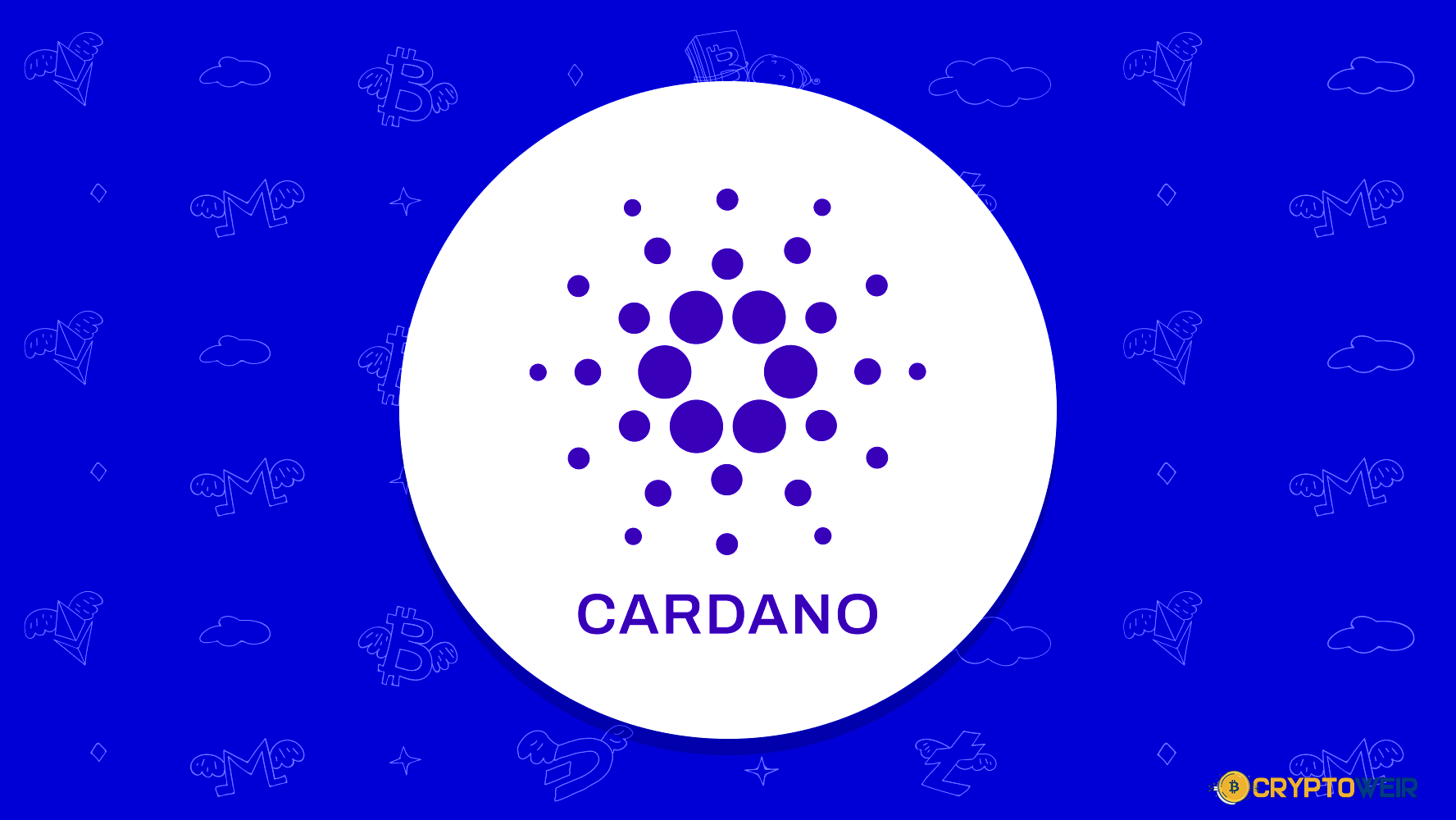Top Crypto Exchanges in 2025 A Detailed Comparison
In this guide, we provide a comparison of the top crypto exchanges in 2025, evaluating them based on security and supported cryptocurrencie

The cryptocurrency landscape continues to evolve, and 2025 promises to be another transformative year for digital asset trading. With an ever-growing number of exchanges, choosing the right platform can be a daunting task. Whether you are a seasoned trader or a beginner, selecting a reliable and feature-rich exchange is crucial for security, efficiency, and profitability.
In this guide, we provide an in-depth comparison of the Top crypto exchanges in 2025, evaluating them based on security, user experience, fees, supported cryptocurrencies, regulatory compliance, and more.
1. Binance
Binance is one of the world’s largest cryptocurrency exchanges, known for offering a vast range of digital assets and trading services. Founded in 2017 by Changpeng Zhao, it quickly grew due to its low fees, fast transactions, and global accessibility. Binance provides services such as spot trading, futures, staking, and decentralized finance (DeFi) options, catering to both beginners and professional traders. The platform has also launched its own blockchain, Binance Smart Chain, which supports decentralized applications and tokens. Despite its success, Binance has faced regulatory challenges in several countries, prompting efforts to strengthen compliance and transparency worldwide.
Key Features
- Low Trading Fees: Binance offers one of the lowest trading fees in the industry, with further discounts for BNB token holders.
- Advanced Trading Options: Features such as spot trading, futures, options, and margin trading make it suitable for both beginners and professional traders.
- High Liquidity: Binance consistently ranks among the top exchanges in terms of liquidity, ensuring smooth order execution.
- Security Measures: Implements SAFU (Secure Asset Fund for Users) and robust security features like two-factor authentication (2FA).
- Extensive Cryptocurrency Support: Supports over 500 cryptocurrencies, including major and emerging altcoins.
- Regulatory Adaptations: Binance has worked to comply with regulations in multiple jurisdictions, enhancing its credibility.
Drawbacks
- Regulatory Scrutiny: Binance has faced legal challenges in several countries, requiring users to verify their accounts.
- Complexity for Beginners: While feature-rich, the interface can be overwhelming for new users.
2. Coinbase
Coinbase is one of the leading cryptocurrency exchanges based in the United States, founded in 2012 by Brian Armstrong and Fred Ehrsam. It provides a secure and user-friendly platform for buying, selling, and storing various digital currencies such as Bitcoin, Ethereum, and many others. Unlike some global exchanges, Coinbase emphasizes regulatory compliance and transparency, operating under U.S. financial laws to build trust among investors. The company has expanded its services to include staking, NFT trading, and institutional investment tools, making it a key player in mainstream crypto adoption. In 2021, Coinbase became the first major crypto exchange to go public on the Nasdaq, marking a significant milestone for the cryptocurrency industry and highlighting its growing acceptance in traditional finance.
Key Features
- Regulatory Compliance: Licensed and regulated in multiple jurisdictions, including the U.S.
- User-Friendly Interface: Ideal for beginners due to its simple design and easy-to-navigate features.
- Secure Storage: 98% of assets are held in cold storage, minimizing hacking risks.
- Educational Resources: Offers “Learn & Earn” programs that allow users to earn crypto while learning about blockchain technology.
- Fiat Support: Allows easy conversion between fiat and cryptocurrencies.
Drawbacks
- High Fees: Compared to competitors, Coinbase charges higher fees for transactions.
- Limited Altcoins: Supports fewer cryptocurrencies than Binance or KuCoin.
3. Kraken
Kraken is one of the oldest and most reputable cryptocurrency exchanges, founded in 2011, and widely recognized for its strong emphasis on security, transparency, and regulatory compliance. The platform provides access to a broad range of cryptocurrencies and advanced trading features, including futures, margin trading, and staking options. Kraken is trusted by both retail and institutional investors due to its robust infrastructure and commitment to protecting user assets through strict security protocols. It operates under multiple financial regulations across different countries, ensuring a high standard of accountability. With its deep liquidity and reliable performance, Kraken has established itself as a cornerstone in the global digital asset ecosystem.
Key Features
- Advanced Trading Tools: Offers margin trading, futures, and staking options.
- Strong Security: No major security breaches, thanks to stringent security protocols.
- Transparent Fee Structure: Lower fees for high-volume traders.
- Regulatory Compliance: Fully registered and compliant in the U.S., Europe, and other regions.
- Customer Support: 24/7 customer service for users worldwide.
Drawbacks
- Slow Verification Process: Identity verification can take longer compared to other platforms.
- Interface Complexity: Advanced traders love it, but beginners may struggle.
4. KuCoin

KuCoin, often referred to as the “People’s Exchange,” is a globally recognized cryptocurrency trading platform founded in 2017. It has gained popularity for its wide selection of digital assets, offering access to hundreds of cryptocurrencies and trading pairs. KuCoin stands out for its user-friendly interface, low trading fees, and innovative features such as futures trading, staking, and lending services. The exchange also operates its own native token, KCS (KuCoin Token), which rewards users with trading discounts and profit-sharing benefits. With a strong international presence and commitment to accessibility, KuCoin continues to serve millions of users worldwide, bridging the gap between beginners and professional traders.
Key Features
- Wide Crypto Selection: Supports over 700 cryptocurrencies.
- Low Fees: Competitive trading fees with additional discounts for KCS token holders.
- Passive Income Options: Features such as staking, lending, and KuCoin Earn.
- Strong Community: Active global community and support for emerging projects.
Drawbacks
- Regulatory Uncertainty: Not as strongly regulated as Binance or Coinbase.
- Limited Fiat On-Ramp: Fewer direct fiat deposit options.
5. Bybit
Bybit is a rapidly growing cryptocurrency exchange founded in 2018, primarily focused on derivatives and leveraged trading. It allows traders to speculate on the price movements of various cryptocurrencies with leverage options of up to 100x, making it popular among experienced and professional traders. Bybit stands out for its high-speed trading engine, user-friendly interface, and advanced risk management tools designed to minimize liquidation risks. The platform also offers spot trading, copy trading, and a rewards hub to engage its global community. Known for its transparency, reliability, and continuous innovation, Bybit has become a key player in the crypto derivatives market.
Key Features
- Leverage Trading: Up to 100x leverage on crypto futures.
- No KYC for Basic Trading: Users can trade without identity verification.
- Robust Security: Implements cold storage and multi-layer protection.
- User-Friendly Interface: intuitive UI for both beginners and professionals.
Drawbacks
- Limited Spot Trading: Primarily focused on derivatives and futures.
- Regulatory Challenges: Restricted in some jurisdictions.
Factors to Consider When Choosing a Crypto Exchange in 2025
When selecting a cryptocurrency exchange, consider the following aspects:
1. Security
Security is the most crucial factor. Opt for exchanges with:
- Two-factor authentication (2FA)
- Cold storage for funds
- Insurance coverage (if available)
2. Fees and Trading Costs
Compare fees for trading, deposits, and withdrawals. Many exchanges offer tiered structures or discounts for native token holders.
3. User Experience and Accessibility
Ensure the platform has an intuitive interface, mobile app support, and responsive customer service.
4. Supported Cryptocurrencies
Some platforms support only a few coins, while others offer a vast selection. Choose based on your trading interests.
5. Regulatory Compliance
Ensure the exchange operates legally in your jurisdiction and adheres to regulatory standards.
6. Liquidity
Higher liquidity ensures better price execution and minimizes slippage.
7. Additional Features
Consider margin trading, staking, futures, lending, and educational resources for a well-rounded experience.
Conclusion
With the rapid evolution of the crypto industry, choosing the right exchange in 2025 requires careful analysis of security, fees, features, and compliance. Binance remains the market leader with its comprehensive offerings, while Coinbase is the top choice for beginners due to its regulatory strength. Kraken offers advanced security, KuCoin excels in altcoin availability, and Bybit is a solid choice for derivatives traders.
Selecting the right platform depends on your trading needs, experience level, and risk tolerance. Always prioritize security and compliance when choosing where to trade digital assets.
FAQs
Q: Which crypto exchange is best overall in 2025?
Binance remains the top choice for most traders in 2025 due to its extensive selection of cryptocurrencies, low trading fees, and diverse trading options such as spot, futures, and staking. However, it may be better suited for experienced users who can navigate its advanced features and comply with regulatory verification requirements.
Q: Which exchange is most suitable for beginners?
Coinbase is considered the best option for beginners because of its simple interface, strong regulatory compliance, and educational tools like “Learn & Earn.” It allows new users to buy and sell cryptocurrencies with ease while ensuring high levels of security and customer support.
Q: Which crypto exchange offers the lowest trading fees?
KuCoin and Binance both stand out for their low trading fees. KuCoin also provides extra discounts for users who hold and use its native token, KCS (KuCoin Token), while Binance offers similar benefits to BNB token holders.
Q: Which exchange is best for advanced or professional traders?
For advanced users, Kraken and Bybit are excellent choices. Kraken offers powerful tools for margin and futures trading with top-tier security and regulatory compliance. Bybit, on the other hand, focuses heavily on derivatives and leverage trading—ideal for experienced traders seeking high-speed execution and risk management features.
Q: What are the key factors to consider before choosing a crypto exchange?
Security should be your top priority when choosing a crypto exchange. Look for platforms that offer two-factor authentication (2FA) to protect your login, cold storage to keep most funds offline and safe from hacking, and insurance coverage to compensate users in case of security breaches. Exchanges with transparent security audits and incident response systems provide an extra layer of confidence.









